I have a question regarding the c++ function matching for parameters of types T and const T&.
Let's say I have the following two functions:
void f(int i) {}
void f(const int &ri) {}
If I call f with an argument of type const int then this call is of course ambiguous. But why is a call of f with an argument of type int also ambiguous? Wouldn't be the first version of f be an exact match and the second one a worse match, because the int argument must be converted to a const int?
const int ci = 0;
int i = 0;
f(ci); // of course ambiguous
f(i); // why also ambiguous?
I know that such kind of overloading doesn't make much sense, because calls of f are almost always ambiguous unless the parameter type T doesn't have an accessible copy constructor. But I'm just studying the rules of function matching.
Regards, Kevin
EDIT: To make my question more clear. If I have the two functions:
void f(int *pi) {}
void f(const int *pi) {}
Then the following call is not ambiguous:
int i = 0;
f(&i); // not ambiguous, first version f(int*) chosen
Although both versions of f could be called with &i the first version is chosen, because the second version of f would include a conversion to const. That is, the first version is a "better match". But in the two functions:
void f(int i) {} and
void f(const int &ri) {}
This additional conversion to const seems to be ignored for some reason. Again both versions of f could be called with an int. But again, the second version of f would require a conversion to const which would make it a worse match than the first version f(int).
int i = 1;
// f(int) requires no conversion
// f(const int &) does require a const conversion
// so why are both versions treated as "equally good" matches?
// isnt this analogous to the f(int*) and f(const int*) example?
f(i); // why ambiguous this time?
